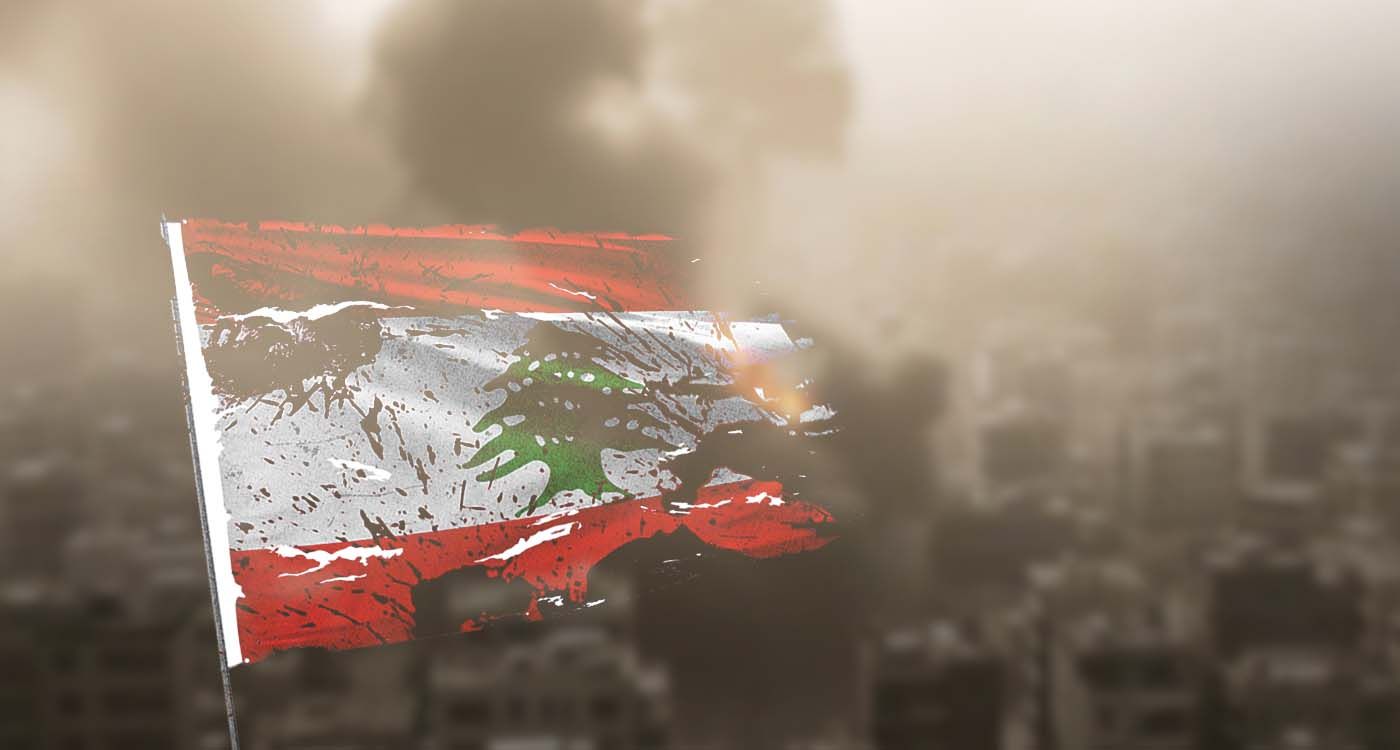
Lebanon is closely monitoring the unfolding Iranian-Israeli war - a conflict it has kept at arm’s length, but whose fallout is certain to reach its borders. The real test is whether the government will be able to leverage the outcome to its advantage.
Hezbollah resents being forced to remain on the sidelines of a war it sees as a sacred duty, an obligation to stand with the oppressed. That conviction fueled its campaign of support for Gaza. By the same logic, it would have been expected to open a new front in defense of the Islamic Republic of Iran and the doctrine of Wilayat al-Faqih, a cornerstone of its ideological identity.
However, the military, political, and social consequences of Hezbollah’s involvement in the Gaza war now prevent it from entering this new conflict. Even its own base shows little appetite for escalation. Pushing further would risk significant internal backlash, despite the frustration simmering among supporters as they watch their financial and military sponsor weaken under Israeli strikes.
Just as Hezbollah refuses to concede defeat or surrender in Lebanon, it remains convinced that the Islamic Republic of Iran will neither falter nor yield. The pro-Iranian group hopes that Iranian missile strikes on Israel will pressure both Israel and the United States to ease their stance, allowing Tehran to exit the conflict with its dignity intact. Such an outcome would provide Hezbollah with a critical boost, enabling it to claim that the Iranian political project endures and could, once again, gather momentum under the banner of jihad and the destruction of Israel.
Iran will not emerge from this war unchanged, and Hezbollah’s ambitions are unlikely to materialize. Tehran’s military nuclear program is expected to be hindered, its ballistic missile and drone capabilities curtailed, and its regional influence significantly reduced. If the Islamic Republic struggles to control its proxies in Lebanon—chief among them Hezbollah—its regional influence will continue to erode, and could collapse entirely in the event of regime downfall.
The region is clearly heading toward a new political order led by the United States, Israel, and Saudi Arabia. This conflict may well mark the last major war in the area. Countries across the Middle East are likely to seize the opportunity to benefit from this new reality, especially if a resolution is found for the Palestinian issue. Many will focus on developing, modernizing, and improving their societies.
The real danger is that Lebanon could be left behind, isolated from this unfolding transformation.
Hezbollah and the Amal Movement are unlikely to accept the collapse of the current power structure without resistance. The mix of coercion and incentives used to control the Lebanese people is sustained by the constant threat of armed conflict and civil war at every political turning point. This dynamic is compounded by a hesitant government lacking the will to confront the issue head-on, alongside political leaders who consistently put personal and sectarian interests above the national good. These leaders shy away from challenging Hezbollah under slogans like "civil peace" and "bad timing."
These factors, among others, keep Lebanon locked in paralysis; a country ruled by chaos and sectarian power-sharing, devoid of genuine reform or economic recovery. A nation that survives by draining its citizens at home and abroad, yet remains reluctant to even open a second airport.




Comments